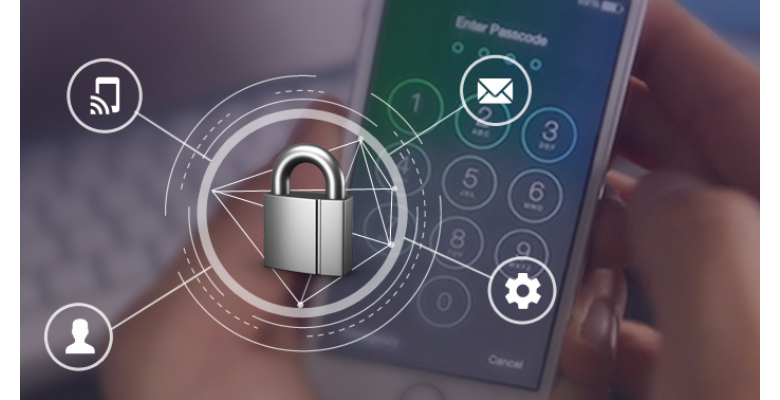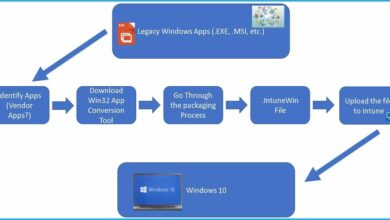What Is Mobile App Development Security & Why Is It Important?

Globally, the demand for mobile applications is expanding. Our altered way of life has brought with it both advantages and security hazards and concerns. Businesses and consumers are turning to mobile applications due to their convenience, speed, and efficacy. Nevertheless, the primary concern of mobile consumers is mobile app security. It is one of the most important factors when using mobile applications. How can we ensure the security of our data when using mobile applications? This is a query that requires an answer. Fortunately, there are several ways to enhance the security of mobile applications. And here Mobile App Development Company in Singapore play their role in offering such issues while developing the mobile apps.
By ensuring that apps are routinely updated and utilizing two-factor authentication, users can contribute to the security of their data. Users should only download applications from trusted sources and only use trusted networks while using mobile apps. Thanks to these safeguards, mobile users may feel confident that their information is secure.
Due to people’s increasing dependence on mobile apps, it’s more important than ever to make sure they’re safe from hackers. This post will explain why and how consumers and developers alike can benefit from mobile app security.
Introduction to Mobile App Protection:
To protect mobile applications from malicious assaults, data loss, and unauthorized access, developers must adopt what is known as “mobile app security” measures. Those who work on mobile app development have a responsibility to ensure that their products are secure and free of known security flaws. To this end, you can employ secure coding practices, encryption, and other safeguards. Developers of mobile apps should also constantly test their products for security flaws and threats and keep up with the latest information regarding security vulnerabilities.
Learning about the threats that mobile applications face:
It’s no secret that the app industry has a shaky reputation when it comes to protecting users’ personal information. It’s not the fault of the creators that these apps aren’t safe; rather, it’s a result of the flawed code that underpins them. Developers must take further measures to safeguard their users from ever-evolving dangers and attacks.
A secure, well-designed infrastructure is essential for keeping sensitive user information out of the wrong hands. It may be more expensive and time-consuming in the beginning, but it’s the only way to ensure the security of the app’s users. In light of the increasing value of data security, this is undoubtedly a wise investment.
Android’s Security Flaws:
Did you know that Android apps are more susceptible to assault from cybercriminals than iOS apps? In part, this is because Android is open source, which makes it more accessible to malicious actors. This means that anyone can view Android apps’ source code, alter it, and potentially introduce harmful code into the app. However, Apple’s iOS is closed, meaning that only approved app developers in Singapore can access the underlying code. This makes it exponentially more challenging for hackers to gain access and alter the code.
Android’s open-source environment also means that more users and developers can contribute to the app’s development, which can result in more sophisticated applications. This increases the possibility of malicious code being put into the program because more users can view the source code. In addition, the open-source environment makes it simpler for malicious actors to distribute exploitable code.
Risk of Unauthorized Access:
A mobile app is a fantastic promotional tool that may help you reach a wider audience and grow your brand. Keep in mind, though, that no software can ever be completely safe against vulnerabilities. Exploitation attacks are a major threat to mobile applications since they can cause unwanted access and other problems. To keep your app and its users safe, you must be aware of the dangers inherent in making a mobile app. Having a solid safety system in place and regularly reviewing your app for vulnerabilities is essential.
It’s not enough to simply protect your app against known vulnerabilities; you need also to update your staff on the latest security risks that could compromise it. If you take the appropriate safeguards today, you can assist yourself avoid any costly and severe security breaches in the future.
Danger of Permanently Losing Important Data:
It’s terrifying to think about, but hackers may steal from you not just money. If they get their hands on your login information, they can access any account you have on any service. This is why it’s so important to be cautious about what personal data you post online.
App downloads spread malware. You have probably downloaded programmes from the internet before; however, there is always the chance that the programme includes viruses. It’s crucial to be careful while downloading apps and to thoroughly inspect the software for warnings before the installation.
Insufficient Safeguards for Authentication & Authorization:
When it comes to protecting personal information online, authentication and authorization are crucial components. Unfortunately, serious cybercrime might occur from insufficient authentication and authorization inputs.
This is because many mobile applications have insecure password policies, resulting in authentication that is insecure and readily exploitable. Consequently, hackers and malicious actors can gain access to sensitive data and inflict havoc on our digital lives.
There are, thankfully, multiple ways to ensure that credentials are robust and secure. Mobile app development can be really helpful as they can add more security features to make their client website protected.
Or else a user can simply incorporate strong passwords, and two-factor authentication, and restrict an app or website’s access to personal data can all contribute to the safety and security of our digital information. In addition, keeping up with the most recent security protocols and routinely updating our passwords can go a long way toward ensuring the safety of our data.
Best Practices for Mobile App Security:
Mobile app developers can adopt recommended practices to secure their apps. First, mobile app developers should write secure code and avoid security flaws. Mobile app developers should additionally encrypt and secure the app and its data. Lastly, mobile app developers should periodically test their apps for security weaknesses and threats.
Here are some guidelines to keep in mind when making a mobile app.
Write Safe Code:
Where do hackers typically gain access to a mobile app? The code is the original version of the programme. To protect users from harm in the application’s latter stages, mobile app developers in Singapore must create a highly secure codebase.
Encryption of Files:
Enabling encryption standards for dealing with and storing app information is also an important consideration for app developers. Using encryption to protect application data can help businesses prevent data breaches.
Taking Into Consideration the Function of Libraries:
Mobile apps often use third-party libraries to speed up production. The majority of the libraries you use may include dangerous code. If your application utilizes insecure libraries, it will become very easy for hackers to take advantage and allow them to do what they want.
Conclusion:
Since the security of mobile apps is an essential component of the building of mobile applications, it then becomes the responsibility of mobile app developers to ensure that their apps are secure and protected from unwanted attacks.
This is because the development of mobile applications includes providing security features to the mobile apps. They may ensure that their application is secure and up to date with industry standards if they follow some of the best practices listed in this article.



